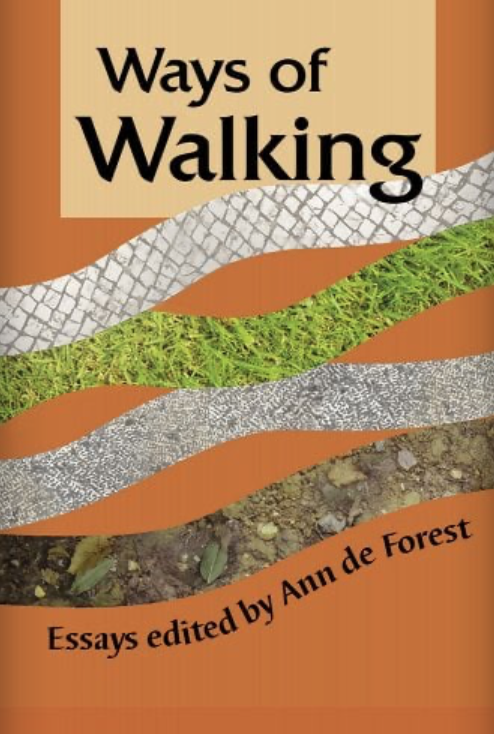Does walking with a dog enhance the experience of walking? If so, in what way? For poet Susan M. Schultz and walking artist and writer Ernesto Pujol, walking with dogs offers a means to meander, to shift perspective, and to marvel again and again at the oddity of the humans they encounter, sometimes affable, sometimes confrontational. Schultz’ latest book, More Lilith Walks, proceeds as a series of snapshot-sharp vignettes recounting her daily walks in Oahu with her dog Lilith over the two years leading up to the 2024 election. Pujol’s novel, The Dog Walker of Philadelphia, is set just before the COVID pandemic in a rapidly gentrifying neighborhood where social tensions run high. In both books, the canine species’ blissful ignorance of politics exposes the absurdity of humans’ arguments and divisions.
Join us for the sixth instalment in Walking America for a conversation about dogs and the humans who walk with them – and write about them.
Walking America is a quarterly series of conversations that brings together American writers whose books share common themes. Ann de Forest, writer and editor of the anthology Ways of Walking(New Door Books, 2022), hosts and moderates the lively exchange, which touches on, among other topics, walking as a mode of research, walking as creative act, the challenges of writing about walking, as well as of walking to write. Audience questions and participation are encouraged!
Related

The Dog Walker of Philadelphia
The Dog Walker of Philadelphia (2024) is a work of experimental literary fiction by social choreographer Ernesto Pujol, author of two core non-fiction texts on walking as socially engaged art practice. The story is set in 2019, just before the start of the Covid pandemic, when this mythical, provincial, American city was being aggressively gentrified,

More Lilith Walks
In a style as disarmingly casual as her daily saunters with her dog Lilith, Susan Schultz has assembled a delectable treasure chest of human encounters. Each walk is a poem, complete with volta-like turns, crafted with a photographer’s eye for the telling detail and a poet’s ear for the lyrical in everyday speech. Lilith Walks reminds us that even the

Ways of Walking
Is walking a subversive act? For the authors of WAYS OF WALKING, it can be. Some walk across forbidden lines, violating laws to seek freedom. Some walk to bear witness to social injustice. Still others engage in a subtler subversion, violating the social norm of rapid, powered transportation to notice what fast travelers miss. WAYS


